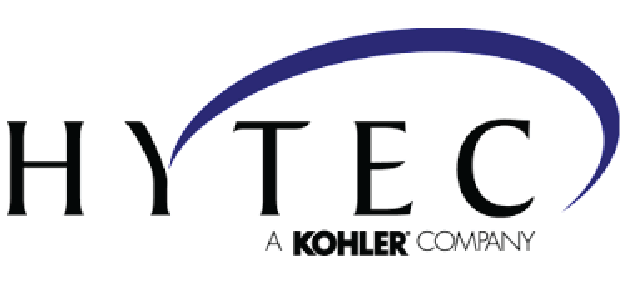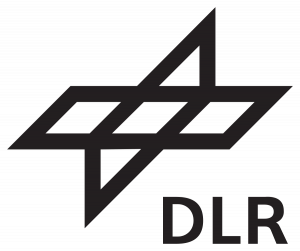Funded through New Frontiers in Research Fund
NFRF–Exploration

Artificial Intelligence (AI) applications in the emerging smart manufacturing concepts (Industry 4.0) is meant to remarkably increase the advanced forming processes’ productivity, customizability, sustainability and cost effectiveness. However, the burden of “limited data” in practice, still severely risks leveraging AI-based solutions for digitization of manufacturing processes towards the Factories of Future, and it needs to be addressed at the frontier of interdisciplinary basic research.
In this highly interdisciplinary project with experts from manufacturing/mechanical engineering and data science/informatics fields, we aim to develop a novel sim-to-real transfer-learning framework for predicting and mitigating defects in complex, multi-stage manufacturing processes, in the presence of highly limited data. Such process optimization tasks would otherwise be expensive to tackle experimentally by industries, and/or require extensive expertise and tedious manual tuning.
To test the application of this new AI-based framework, an advanced automated thermoforming process is opted, where the goal, first, is to reduce the occurrence of current defects in the body of the formed parts; and second, to maximize the quality of the final products by arriving at more uniform distribution of geometrical properties. The AI will be governed by a verity of factors in the forming process, from part shapes and material properties, to the process variables such as initial zone-based heating of incoming material plates.
In our approach, to enhance the performance of the targeted smart manufacturing models, the learned basic knowledge from previously developed models from auxiliary data sources (e.g. Finite Element simulations and/or lab-scale tests) will be transferred to the real-scale models with a minimum computational cost, which if successful, can then be fine-tuned for industrial-scale application purposes in future. As a long term plan, the trained models from this research can be integrated within a multi-criteria optimization framework to serve as a decision support system for prominent industries such as aerospace and automotive to find optimal thermoforming process conditions given different part shapes.
Research Highlights:
“Okanagan Smart Composite Manufacturers” was selected as a finalist in the OpenCV AI Competition 2021 sponsored by Microsoft Azure and Intel
Team Lead

Professor
Engineering, UBC Okanagan
Research Team
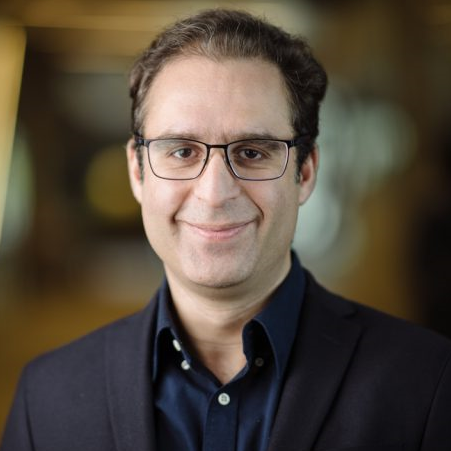
Professor
Electrical & Computer Systems Engineering
Monash University
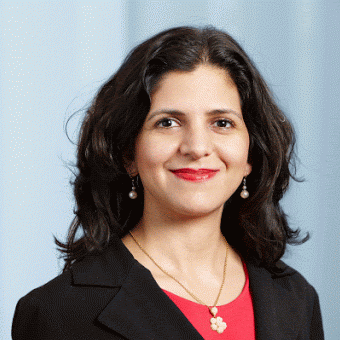
Assistant Professor
School of Engineering
EPFL

Assistant Professor
Computer Science
UBC Okanagan

Associate Professor
Engineering
UBC Okanagan
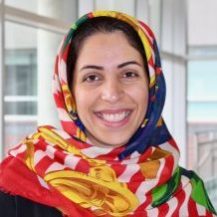
Assistant Professor
Computer Science
UBC Okanagan

Professor
Chemical & Biological Engineering
UBC
Students

PhD Student & Project Coordinator
Engineering
Transfer Learning
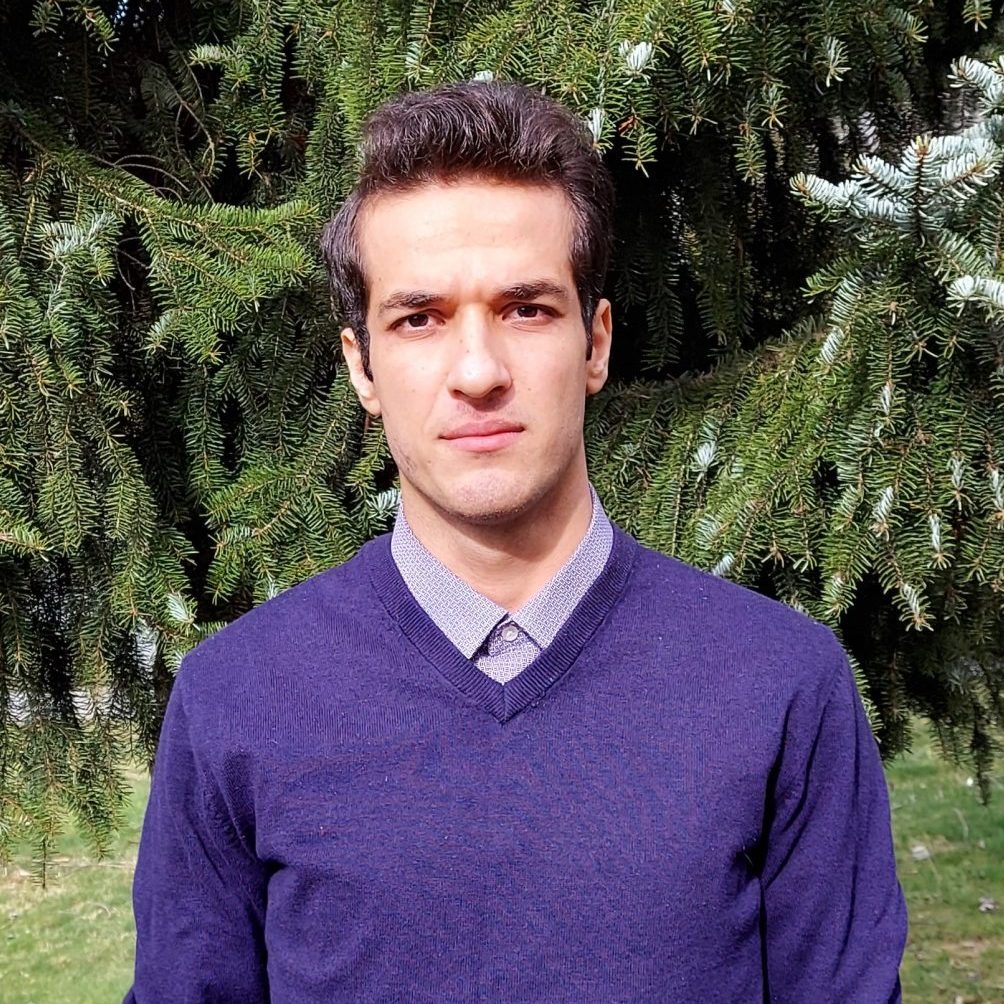
Master’s Student
Computer Science
Safe Optimization
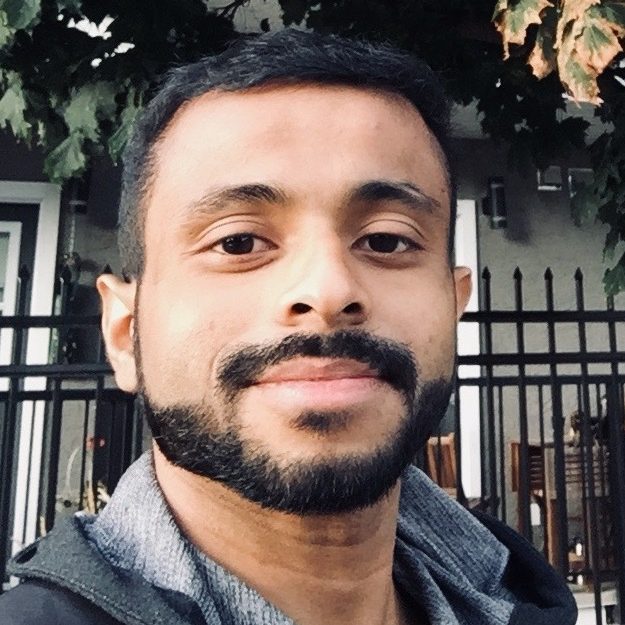
Master’s Student
Computer Science
UBC Okanagan
Active learning
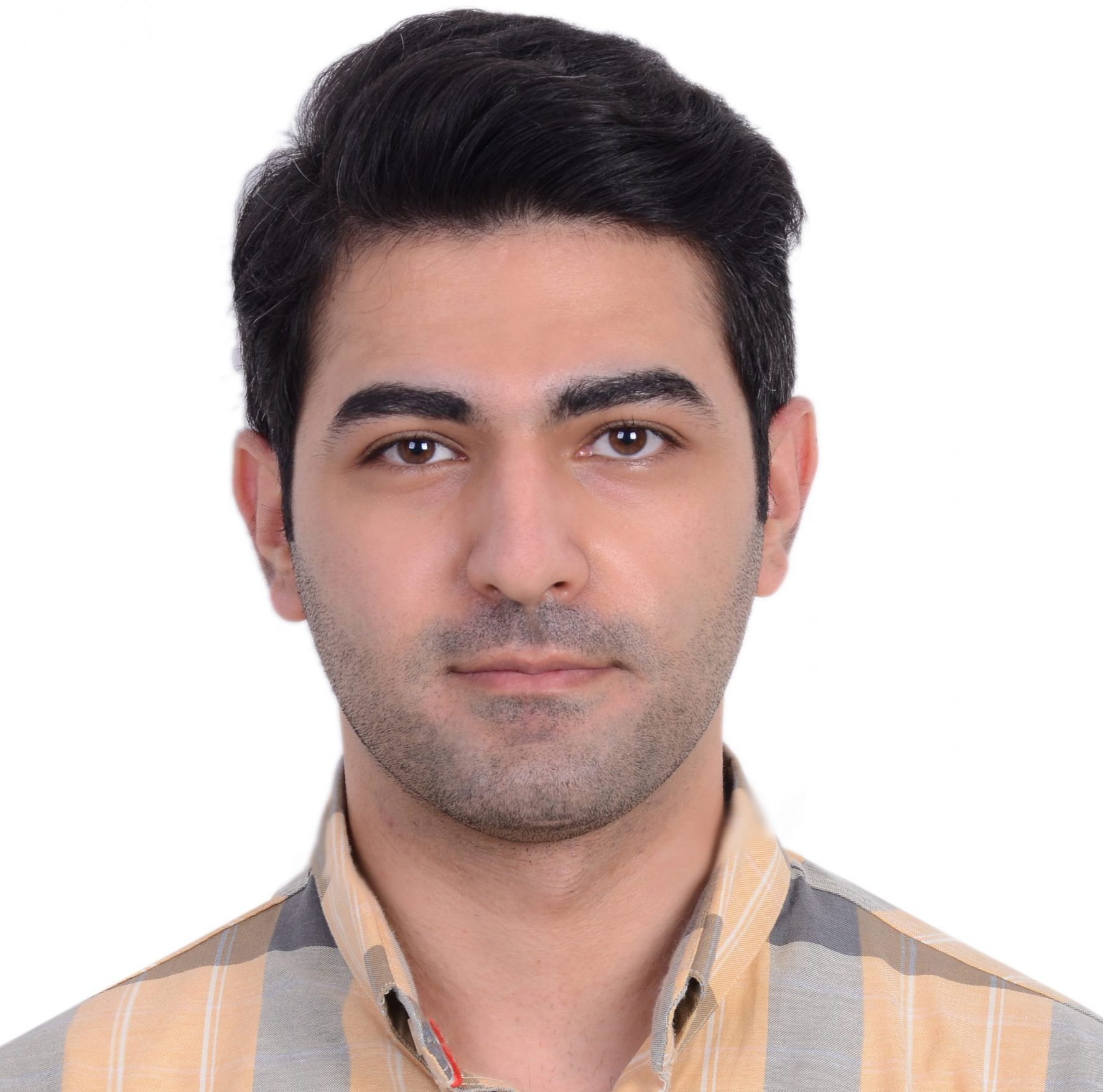
PhD Student
Engineering
Meta-Reinforcement Learning & Immersive Technology
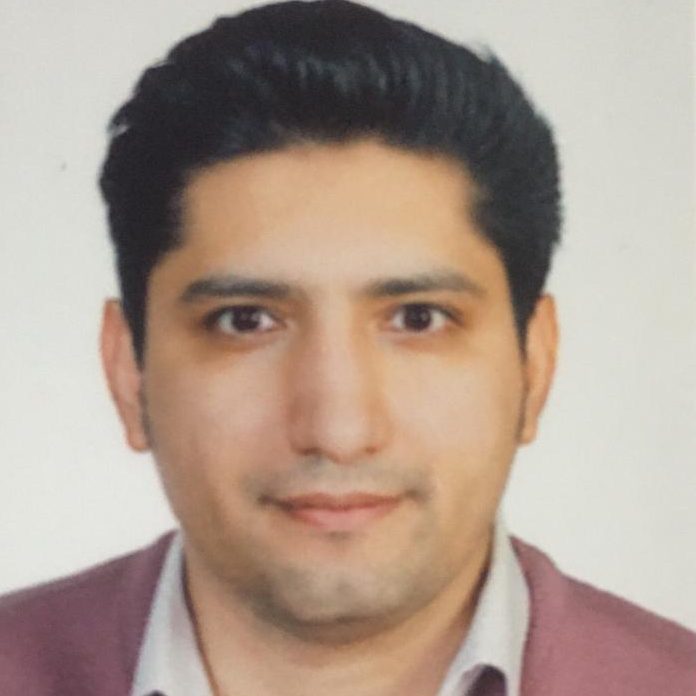
PhD Student
Computer Science
Few-shot Learning

PhD Student
Engineering
Control and Machine Learning
Industry Partner

